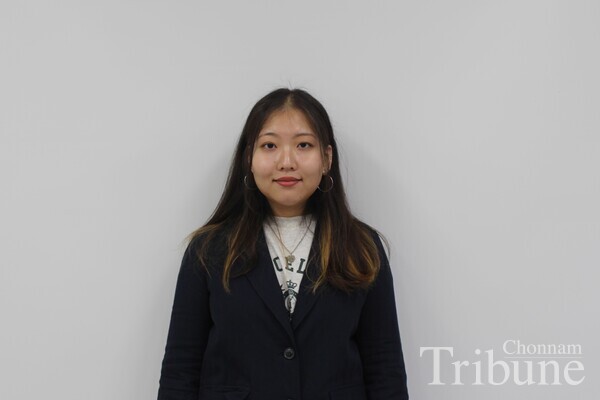It is now the era of flooding information and fresh forms of media. Social media is prospering more than ever, whilst newspapers and magazines have been long gone from doorsteps and breakfast tables. The deterioration of classic media is not only due to the emergence of fast-paced media, but also because of the thread-thin engagement between the old media and the new masses. College newspapers and magazines are not exceptions to this phenomenon. Reformations are sorely needed, yet in-campus media must hold its integrity. In order to achieve this, college media should come in fresh forms, renovate its content, and in the long run, strive to become a forum for diverse, in-depth opinions.
To begin with, campus journalism should engage with its students in forms of fast-paced media. Newspapers and magazines have their roots in print form, and therefore confine themselves to articles and images. These forms, sadly, are unable to attract the majority of twenty-somethings of today, who seem to be lacking the minimum concentration to read long texts. In order to genuinely be in touch with college students, the key is to be fully integrated with the fast-paced media. For instance, a live interview with a passerby on campus could be on the broadcast. The video recording of it could be segmented into short clips that could easily blend in with the new media. Such a casual approach of journalism could attract a wide range of audiences. This strategy, however, is more of a first-aid kit. Additional solutions are needed in order to deepen the shallow interest of the wide audience and to maintain the core identity of newspapers and magazines.
Content reformation, therefore, is a must. Campus journalism must have in-depth articles and content that would genuinely touch its readers. How? By keeping in mind that what is personal is the most universal. Instead of generalized societal issues with bland, agreeable opinions, let the writers voice their passion, their reality. No more articles on how Artificial Intelligence affects society, talk about the experience of how ChatGPT has seeped into your campus life; how you secretly used it for a paper due tomorrow, how professors are reinforcing the rules to catch these deviants. These personal stories are authentic, and are therefore much more relatable and insightful. Furthermore, college media should not have any taboo on certain topics. College, the birthplace of revolution and journalism, the limelight of society’s darkest shadows, merged together should have no impediments. Sensitive topics should be addressed, along with honest opinions. These changes must be made for college journalism in order to have its audience.
Along with these immediate reformations, long-term directional goals must be set in order for in-campus media to go forward. As a prime media outlet in campus, college newspapers and magazines should move on from non-interactive, one-way communication. In this contemporary society that only superficially accepts differences, societal disparities are at its peak. The soft discrimination and polarization, which are especially prominent in the young generation, are mostly due to tolerance without understanding. In order to resolve this, a forum should be available within campus, in which enables all students, and not only reporters, to write, speak and argue with their minds on an open platform. The wide, in-depth participation in the form of media is one of the only ways to achieve genuine understanding between different groups of people. And what better place is there than in-campus media to take this indispensable role?
Everyone is on social media, displaying even the smallest scraps of feelings and thoughts. Every thought matters, and acceptance is not a choice but rather the bare minimum. On the surface, that is. In truth, Korea is struggling with the ever-growing misogyny and misandry every day; cultural diversity, let alone the alleviation of soft racism, is just a token topic; sexual minorities are silent and invisible, still locked up in the closet. These disparities can only be solved not by superficial displays of everyday life, but by truly understanding one another. Therefore, campus media outlets must become a forum in order to have genuine respect evolve within the young generation, and to help them become the model forerunners of tomorrow’s society.
Grand Prize Winner’s Remarks
“Writing Without the Internet, a Nostalgic Retreat From the Digital World”

Writing has now become an old form of media. Less-than-a-minute video clips are setting the trend, and the mysterious Aphrodite has been substituted by flawless, blatant displays of artificial “beauty”. No longer are there rustles of flipping pages, and newspapers and magazines are sitting in a pile, waiting but never really read. For someone who believes that what lies on one’s bookshelf is their souls, this contemporary phenomenon brings me much grief. This is why opportunities like this essay contest are sanctuaries for old souls. It has given students the chance to contemplate the current standing of on-campus media, and the classic forms of media, publishing, and print form. I would also like to express my gratitude for this event being a nostalgic retreat from the digital world of binary zeroes and ones, by quarantining the writing from the internet. I feel privileged by the Grand Prize that the Chonnam Tribune has generously awarded for the 2023 English Essay Contest, and congratulations to the awardees of other prizes. Thank you.
By Kim Hyo-chan, Freshman,
Dept. of Medical Science, Chonnam National University

